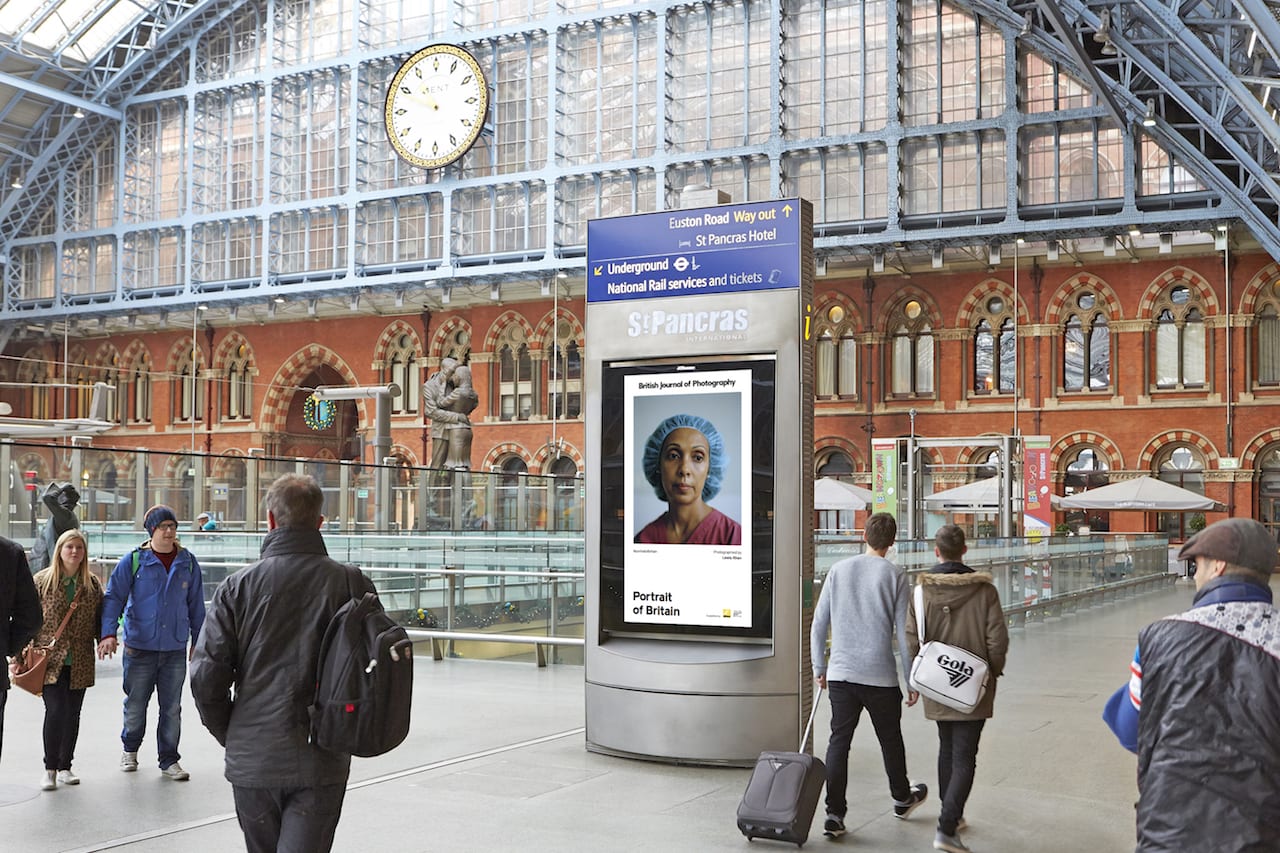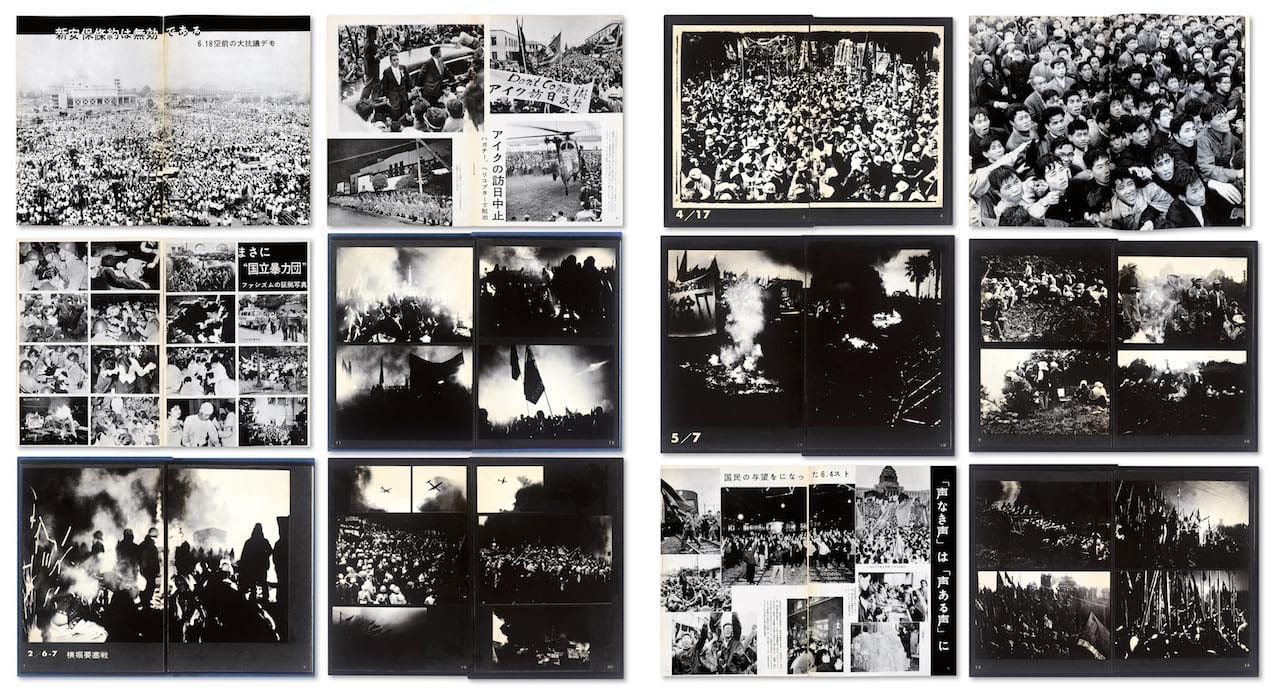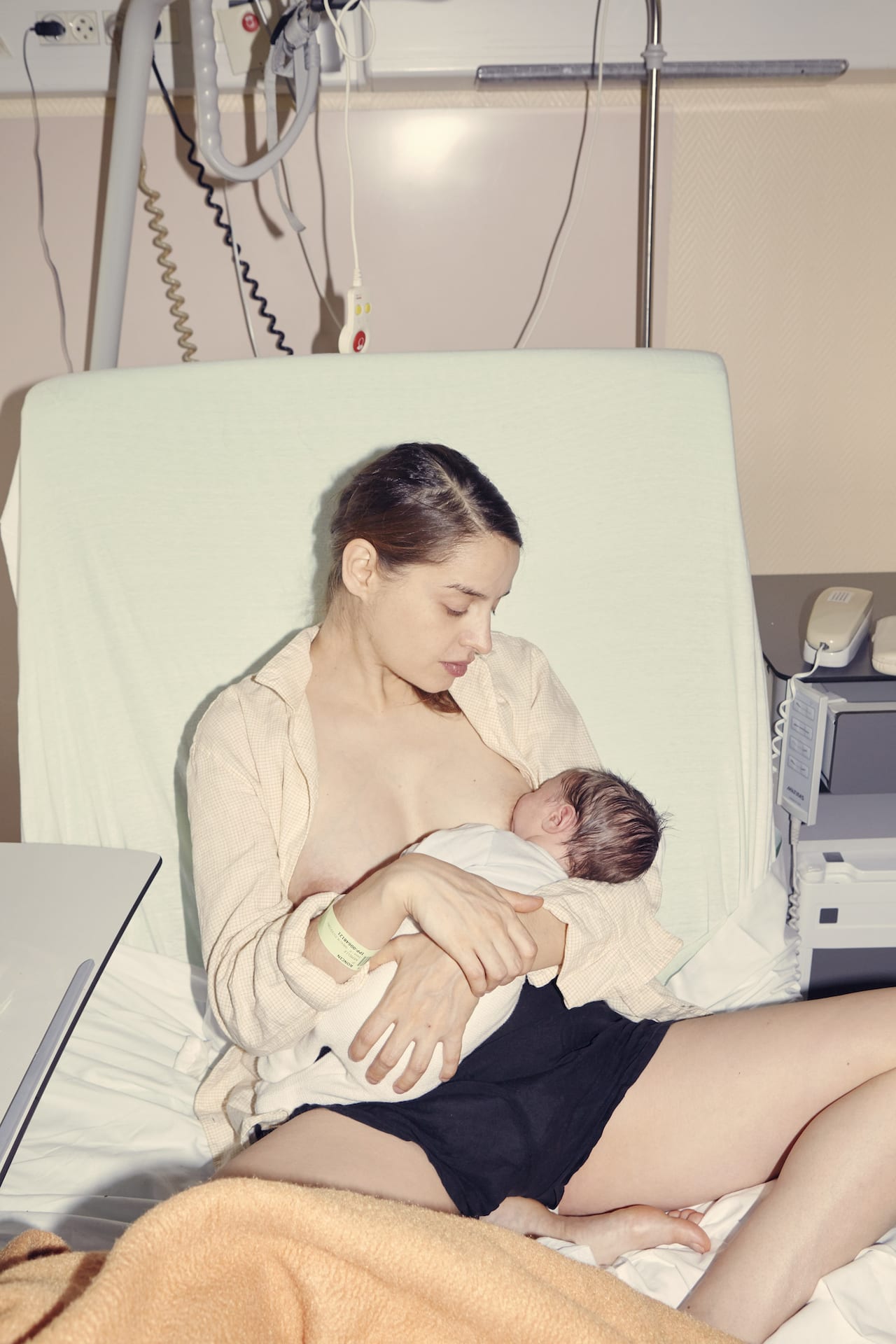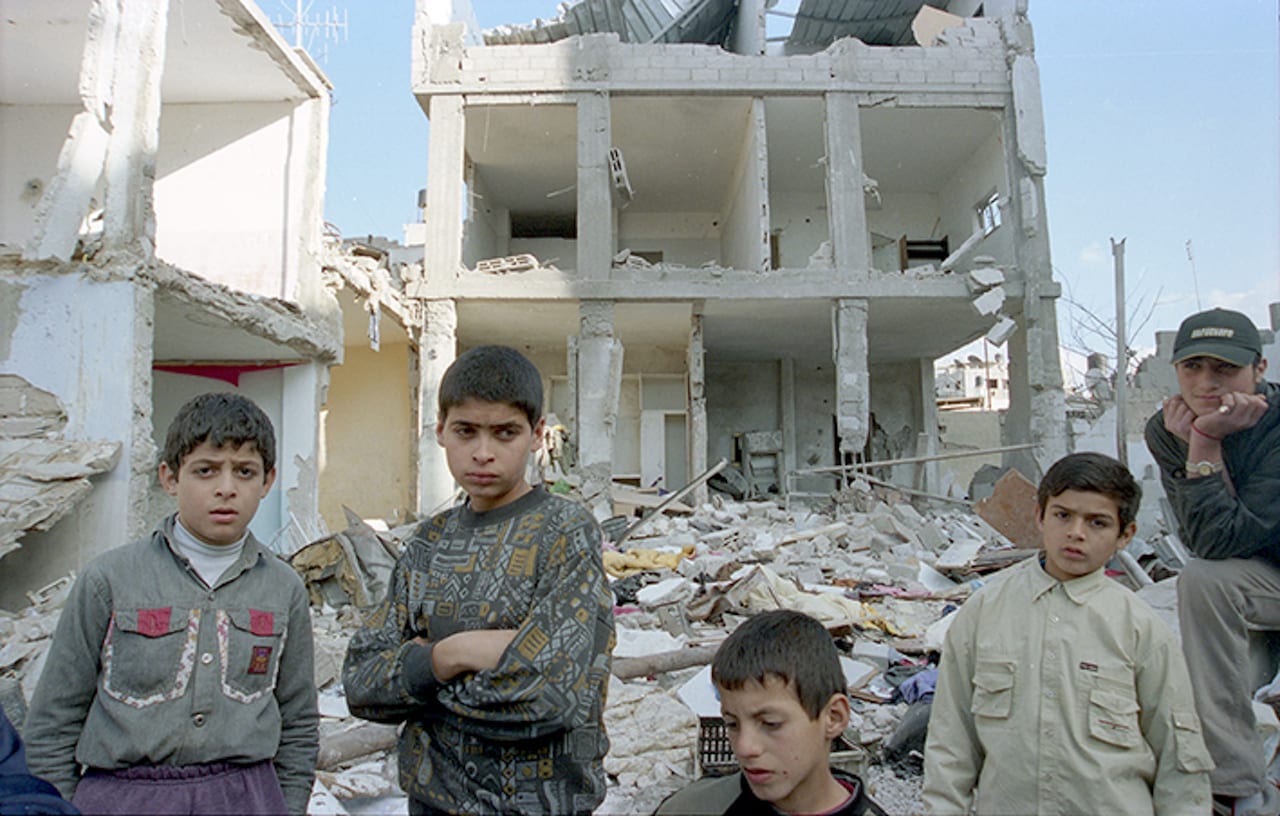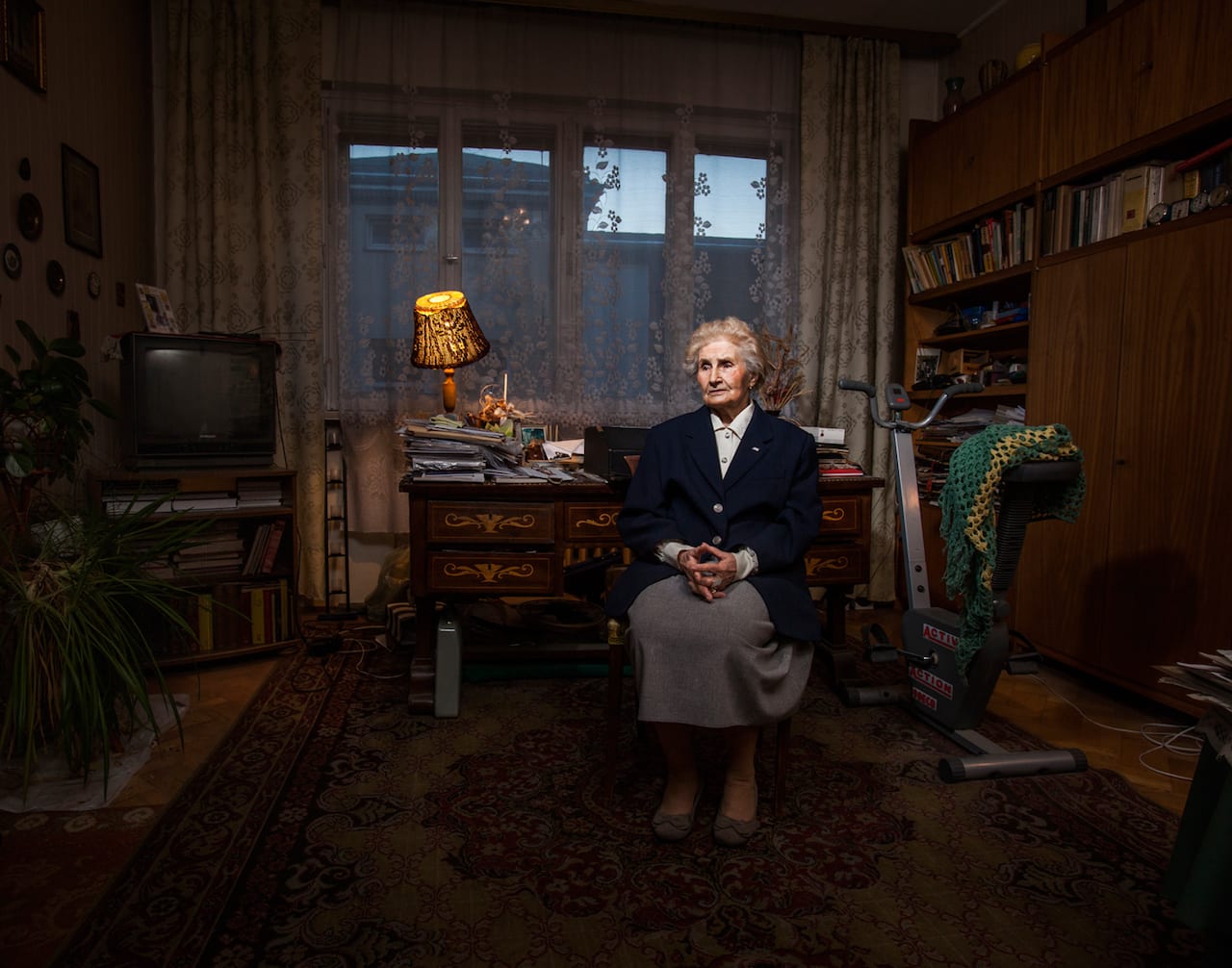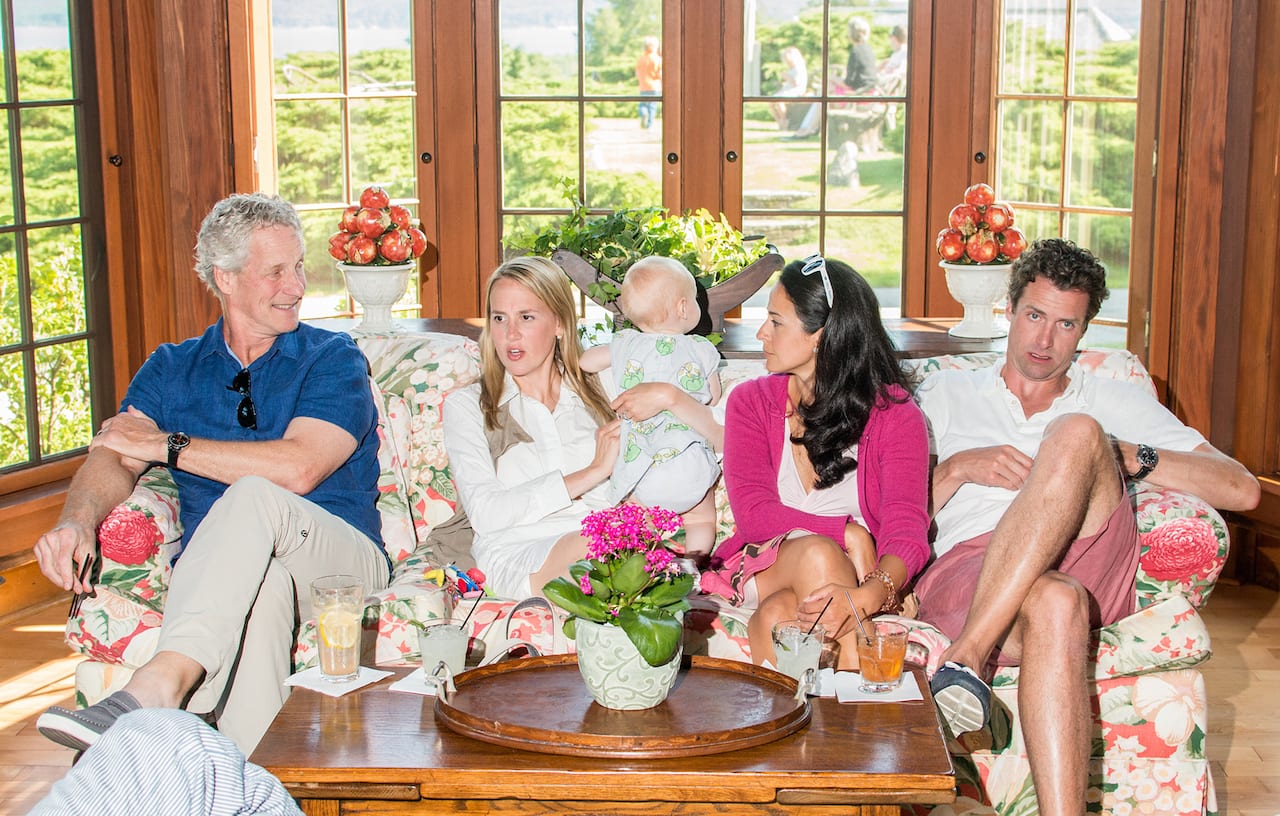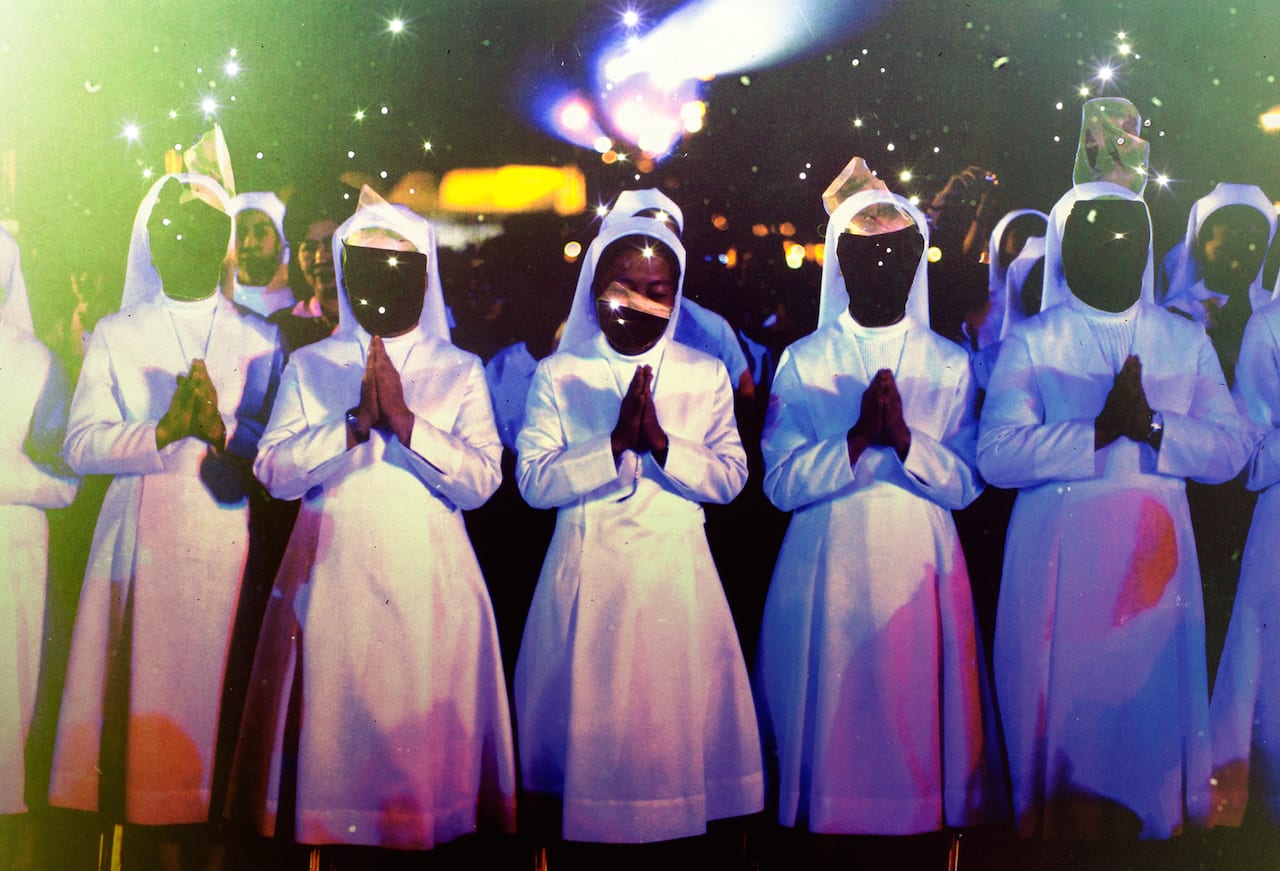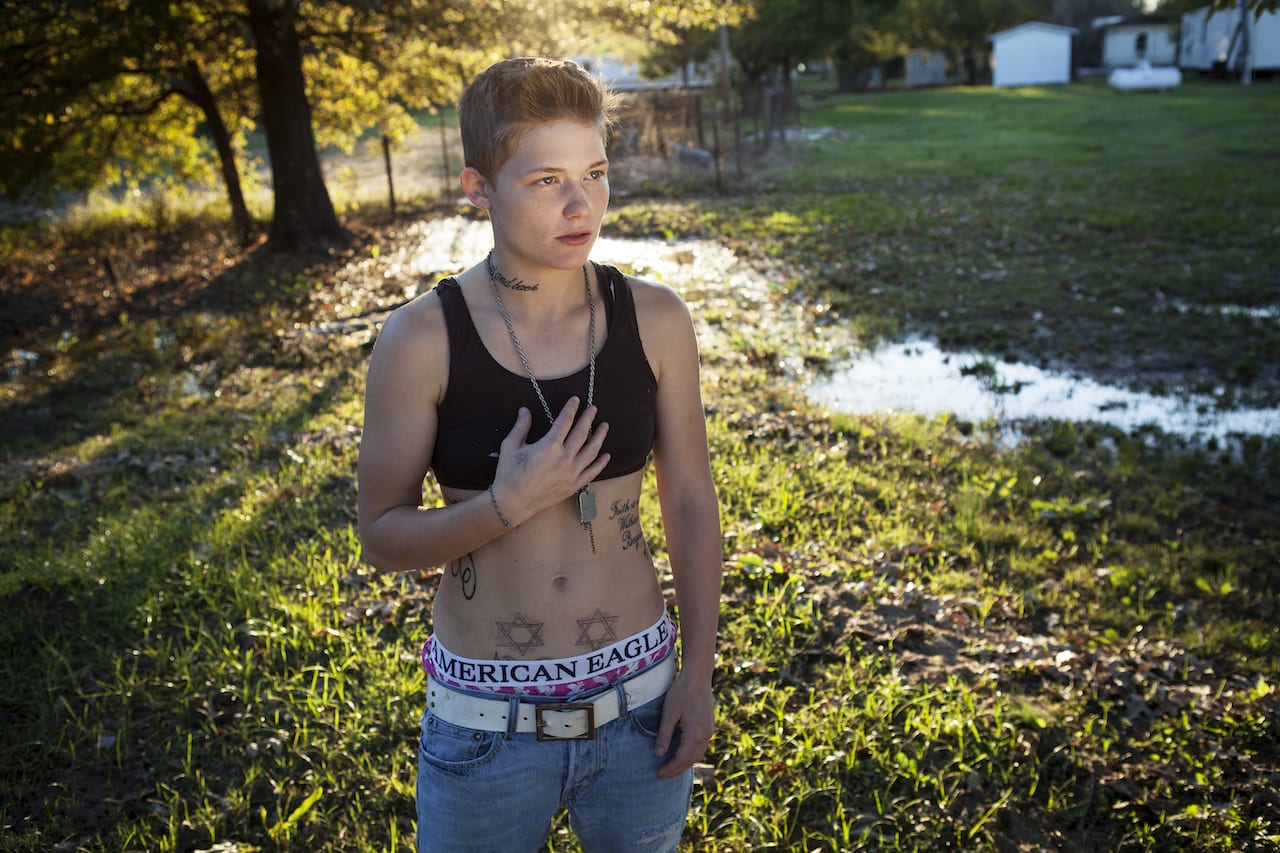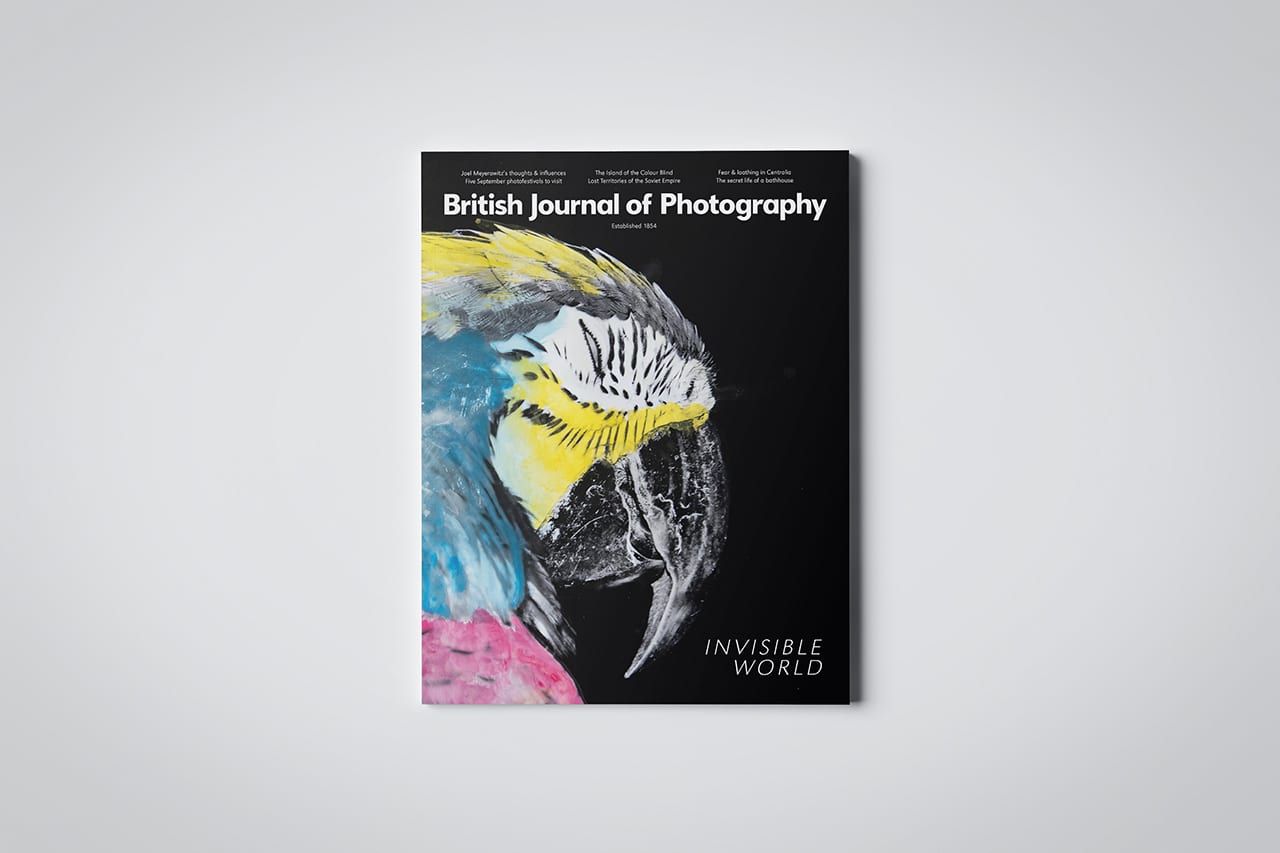Portrait of Britain returns for a second year with 100 more images that encapsulate life the length and breadth of the UK. From almost 8,000 entries this year, the final hundred will now be displayed in a digital exhibition across JCDecaux screens in shopping centres and commuter hubs around the country throughout September. In partnership with Nikon, the photography giant, Portrait of Britain aims to show the social and cultural diversity of people in the UK and showcase everyday citizens and unsung heroes in a gallery of the people, by the people, for the people. Simon Bainbridge, Editorial Director at the British Journal of Photography, was excited about the latest portraits for 2017, saying, “Collectively, the portraits celebrate the unique heritage and diversity of modern Britain, as much as its thriving photography culture and the myriad styles and approaches they employ in their work.”
